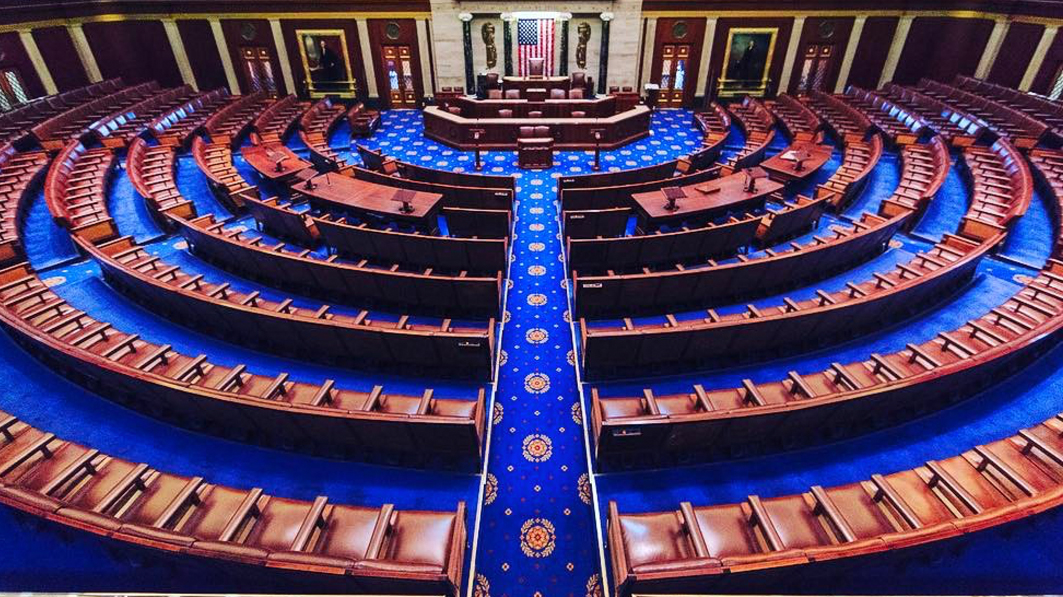On Good Friday, the U.S. Court of Appeals for the D.C. Circuit in Washington, D.C. ruled that the chaplain of the U.S. House of Representatives could not be forced to include “atheist” invocations among the daily prayers offered by “guest chaplains” before each day’s legislative session.
The case involved one Daniel Barker, the co-president of the Freedom From Religion Foundation, an atheist organization frequently involved in legal challenges to government activities or speech that are marked by religious content. He was nominated by a House member to give an invocation as a guest chaplain. When he revealed that his “prayer” would be non-religious in nature, the House-appointed chaplain, Father Patrick Conroy, who is tasked with approving guest chaplains, denied the request. Barker then sued.
Although it has been challenged as violating the Establishment Clause of the First Amendment, religious prayer before legislative sessions was held constitutional by the U.S. Supreme Court in 1983 and again in 2014.
It has been long argued by atheists and others who believe in the so-called “wall of separation” of church and state that the Constitution prohibits any government-sponsored prayer. However, the Framers of the Constitution thought otherwise. The very first Congress, which drafted the First Amendment’s Establishment Clause, also hired the first chaplain to offer up religious prayers before daily sessions of Congress. They obviously believed that religious prayers and the Establishment Clause were compatible.
For that reason, the Supreme Court in the 1983 case of Marsh v. Chambers held that Christian prayer before sessions of a legislative body had a long history of acceptance, amounting to “a tolerable acknowledgment of beliefs widely held among the people of this country,” which had “coexisted with the principles of disestablishment and religious freedom from colonial times through the founding of the Republic and ever since.” That case was re-affirmed by the Court in the 2014 case of Town of Greece v. Galloway.
Barker’s challenge, however, didn’t deny the existence of the Supreme Court’s approval of the practice. He argued that the House practice of allowing only religious prayers wasn’t part of those prior decisions, and the current House practice constituted a violation of the Establishment Clause.
The D.C. Circuit rejected that argument:
“Marsh and Town of Greece leave no doubt that the Supreme Court understands our nation’s longstanding legislative-prayer tradition as one that, because of its ‘unique history,’ can be both religious and consistent with the Establishment Clause. And Although the Court has warned against discriminating among religions or tolerating a pattern of prayers that proselytize or disparage certain faiths or beliefs, it has never suggested that legislatures must allow secular as well as religious prayer.”
The case is Barker v. Conroy.






